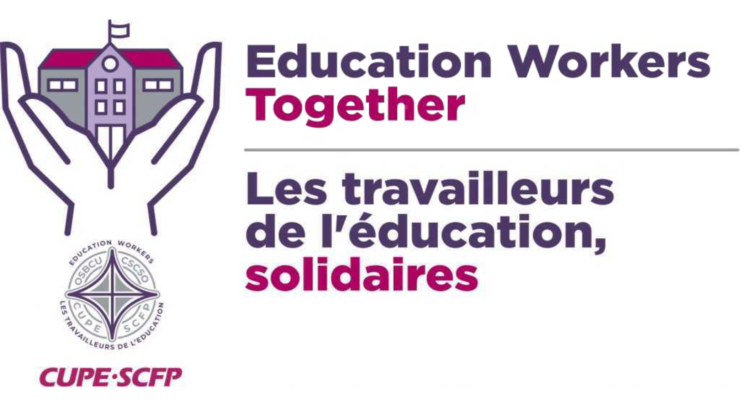Tinkering with funding is a short-sighted process
The provincial government of Ontario recently announced plans to reform the funding and admission standards of graduate programs in order to favour fields that are currently in demand.
In other words, programs that lead to jobs get more money. Although the specifics of this new system will ultimately be decided by individual institutions, the province still holds significant leverage as the primary source of school funding.
The idea of encouraging education in economically viable fields makes sense from a provincial government perspective. However, it demonstrates a misunderstanding of the factors involved in choosing a graduate program, and it disrespects the foundational values of academia.
Although the specifics of how funds will be allocated under the new system have yet to be determined, the cost of subsidizing faculties with “less demand” will ultimately fall on their students.
Ideally, decreasing the barrier to entry of programs like computer science and medicine will increase the number of trained professionals in these highly valuable fields. Conversely, higher tuition costs in more esoteric majors like Russian literature or music theory might encourage individuals to pursue more immediately gratifying tracks.
Unfortunately, this idealist logic fails to hold up in practice, particularly in the post-graduate world.
Graduate programs have always been the domain of those who are passionate about learning and contributing to their fields. It’s unlikely that someone passionate enough to pursue a master’s in French history will suddenly become an industrial chemist because of a difference in tuition prices.
Shuffling around funding could also dissuade students from enrolling in “less desirable” degrees, and it’s also a poor method of encouraging them to enter the “proper” fields.
One of the touted benefits of the new system was enabling low-income youth to enter prestigious and otherwise unaffordable programs. Although government assistance for post-secondary education has been overwhelmingly successful, this effort of prioritizing certain streams will have negative consequences.
In the best case scenario, an otherwise disinterested student enrolls in a program they have little passion for because it was more affordable than their first choice. If they decide to drop out then the government wasted thousands of dollars that could have gone to a successful “sub-optimal” education. In the worst case scenario, the country winds up with a generation of miserable and uninspired electrical engineers.
Although changes in funding may be limited initially, it sets a dangerous precedent for government involvement in academia.
Ultimately, the idea of meddling in postgraduate admissions seems ineffective and short sighted. After all, there’s no guarantee that today’s “in demand” fields will be popular in the decades to come.
With Canadian STEM graduates flocking to the U.S., the bottleneck in these high-yield industries is not determined by the number of capable employees, but the incentives for them to stay in the country.
Beyond sheer practicality, there are ideological concerns with the new system as well, as the government would unilaterally decide which topics are worth studying and significantly hinder development in other fields.
In closing, it’s also worth considering this: How many great works of literature would never have been written because someone decreed that making faster computers was a more worthwhile endeavour?





